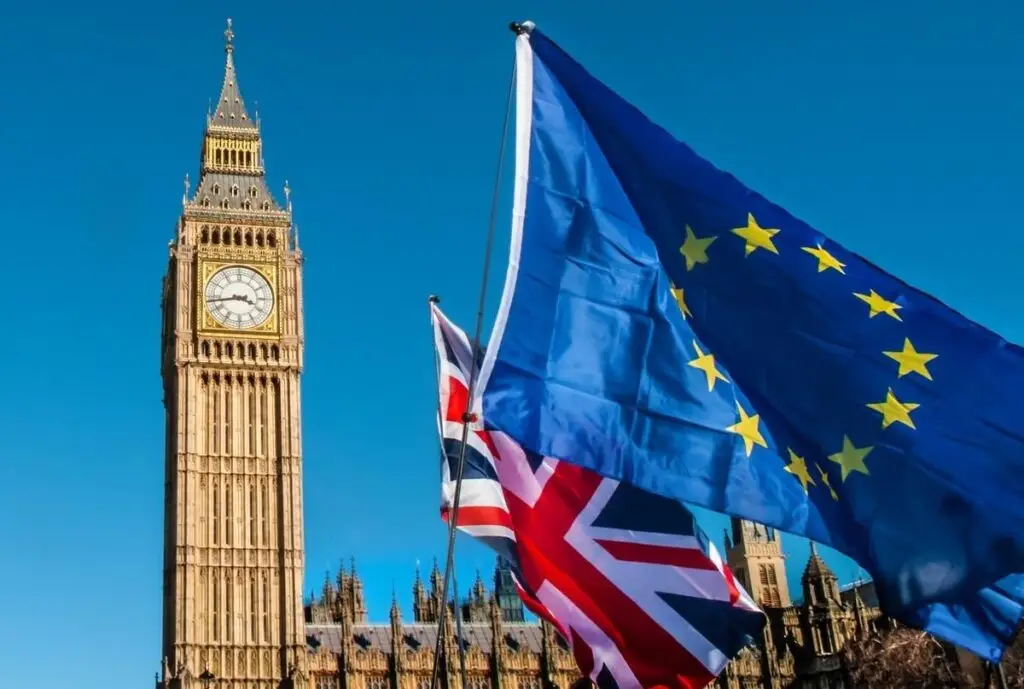Brexit has brought significant challenges for UK businesses, raising costs and complicating trade with the European Union. According to the British Chambers of Commerce (BCC), the next government must prioritise better trade relations with the EU to foster economic growth.
Both the Labour and Conservative parties have faced criticism for not discussing the impact of Brexit thoroughly. As the UK prepares for its general election, businesses hope for policies that will ease trade barriers and reduce bureaucratic hurdles.
Brexit’s Impact on Business Costs
The departure from the European Union has resulted in increased costs for businesses. The British Chambers of Commerce (BCC) has called the current trade environment more expensive and bureaucratic for selling goods and services. They argue that resolving these trade issues is essential for economic growth.
Political Responses to Trade Challenges
Labour and Conservative parties have been criticised for their stance on Brexit. Lord Michael Heseltine, a notable political figure, described the upcoming election as potentially dishonest due to the lack of discussions about Brexit’s consequences. Current Labour leader Sir Keir Starmer aims to improve EU relations but has ruled out rejoining key EU agreements.
Sector-Specific Challenges
The National Audit Office (NAO) highlights that the government lacks a clear plan to fully implement post-Brexit border controls. This has led to business uncertainty and increased costs for both businesses and the government. The goal of having the ‘world’s most effective border’ by 2025 remains distant.
Impact on Small Businesses
McTague calls for the government to communicate more efficiently with small businesses. He urges for clear, coordinated policies to help these firms plan ahead and minimise confusion.
Economic Consequences
The BCC believes that improving trade terms with the EU could help mitigate some of these negative effects. Enhancing relations and reducing red tape could provide much-needed relief for struggling businesses.
Future Steps and Recommendations
Shevaun Haviland, the director general of the BCC, emphasises the importance of a better trading relationship with the EU. She states that it’s not about reversing Brexit but about simplifying trade processes to benefit UK businesses.
In summary, the challenges posed by Brexit to UK businesses are significant and far-reaching. The call for reduced tariffs and improved trade relations with the EU is a crucial step towards economic recovery. As the UK moves forward, it is imperative for political leaders to address these issues head-on and implement pragmatic solutions that will benefit the nation’s economy and its businesses.
The five-point plan by the BCC highlights the urgent need for streamlined trade processes and reduced bureaucratic barriers. By following these recommendations, the next government has the opportunity to support struggling businesses and foster economic growth. The emphasis on better EU relations and simplified trade is not just timely but necessary for the future prosperity of the UK.


